Police struggle with two decade-long rise in ‘confrontational protests’
Reform needed to combat rise of disruptive demonstrations, report says
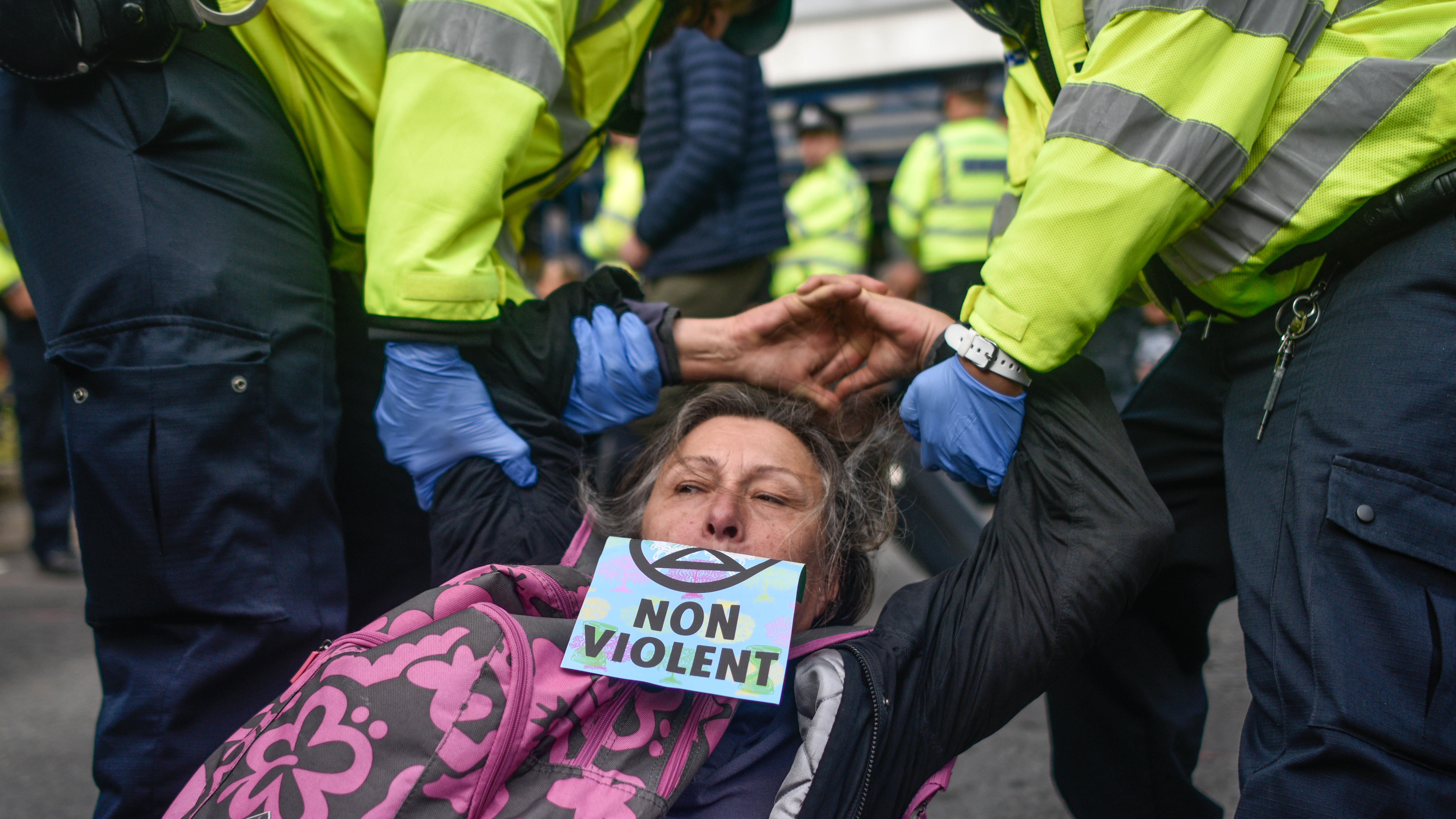
A free daily email with the biggest news stories of the day – and the best features from TheWeek.com
You are now subscribed
Your newsletter sign-up was successful
Policing in England and Wales must undergo “radical reform” to deal with the rise of protests involving confrontational tactics over the past two decades, an independent policing review has said.
Led by Michael Barber, a former adviser to Tony Blair, the first phase of the review found that protests involving tactics such as blockades or occupations have increased 20-fold in 20 years, from seven in 2000 to 126 in 2019.
The sharp increase signals “heightened social tensions” and comes alongside a 144% rise in hate crime over six years, The Guardian says.
The Week
Escape your echo chamber. Get the facts behind the news, plus analysis from multiple perspectives.

Sign up for The Week's Free Newsletters
From our morning news briefing to a weekly Good News Newsletter, get the best of The Week delivered directly to your inbox.
From our morning news briefing to a weekly Good News Newsletter, get the best of The Week delivered directly to your inbox.
Barber, who is also the chair of higher education regulator the Office for Students, said that while “we welcome the promised 20,000 extra police officers and the early recruitment of them… we also know that policing will need to be provided differently to tackle the new landscape of crime and harm that we have identified in this report.
“For some time now policing has been wrestling with a tension between the rise of more complex crimes and social challenges and an operating model that was built for a different time.”
The report, which follows widespread Black Lives Matter protests after the death of George Floyd, found that police are now being “presented with a variety of problems, many of which require a social rather than a criminal justice solution,” Barber added.
Extinction Rebellion protests last year “shut down London” during what the BBC described as “ten days of protests, blockades and disruption” across the capital, embodying the new challenges faced by police officers.
A free daily email with the biggest news stories of the day – and the best features from TheWeek.com
As well as a sharp rise in dealing with protests, the report also found that “although traditional crime such as burglary and car theft had fallen since the turn of the millennium… there had been a huge rise in online crime and in sexual offences”, The Guardian says.
Since 1995, crime, excluding fraud and cybercrime, had fallen by 70%. However, cybercrime and fraud had rapidly risen, making up 44% of all crime in 2019.
Cyber Resilience Centres, regional hubs supported by police forces which first started in Scotland, are set to expand across the country amid the growing cyber threat to vulnerable businesses.
“The risk to smaller firms is even greater during the coronavirus outbreak,” Metro reports, “as bad actors turn their attention to lucrative multibillion-pound online crime”.
Joe Evans is the world news editor at TheWeek.co.uk. He joined the team in 2019 and held roles including deputy news editor and acting news editor before moving into his current position in early 2021. He is a regular panellist on The Week Unwrapped podcast, discussing politics and foreign affairs.
Before joining The Week, he worked as a freelance journalist covering the UK and Ireland for German newspapers and magazines. A series of features on Brexit and the Irish border got him nominated for the Hostwriter Prize in 2019. Prior to settling down in London, he lived and worked in Cambodia, where he ran communications for a non-governmental organisation and worked as a journalist covering Southeast Asia. He has a master’s degree in journalism from City, University of London, and before that studied English Literature at the University of Manchester.
-
 The environmental cost of GLP-1s
The environmental cost of GLP-1sThe explainer Producing the drugs is a dirty process
-
 Greenland’s capital becomes ground zero for the country’s diplomatic straits
Greenland’s capital becomes ground zero for the country’s diplomatic straitsIN THE SPOTLIGHT A flurry of new consular activity in Nuuk shows how important Greenland has become to Europeans’ anxiety about American imperialism
-
 ‘This is something that happens all too often’
‘This is something that happens all too often’Instant Opinion Opinion, comment and editorials of the day
-
 Why have homicide rates reportedly plummeted in the last year?
Why have homicide rates reportedly plummeted in the last year?Today’s Big Question There could be more to the story than politics
-
 How the ‘British FBI’ will work
How the ‘British FBI’ will workThe Explainer New National Police Service to focus on fighting terrorism, fraud and organised crime, freeing up local forces to tackle everyday offences
-
 ‘Stakeknife’: MI5’s man inside the IRA
‘Stakeknife’: MI5’s man inside the IRAThe Explainer Freddie Scappaticci, implicated in 14 murders and 15 abductions during the Troubles, ‘probably cost more lives than he saved’, investigation claims
-
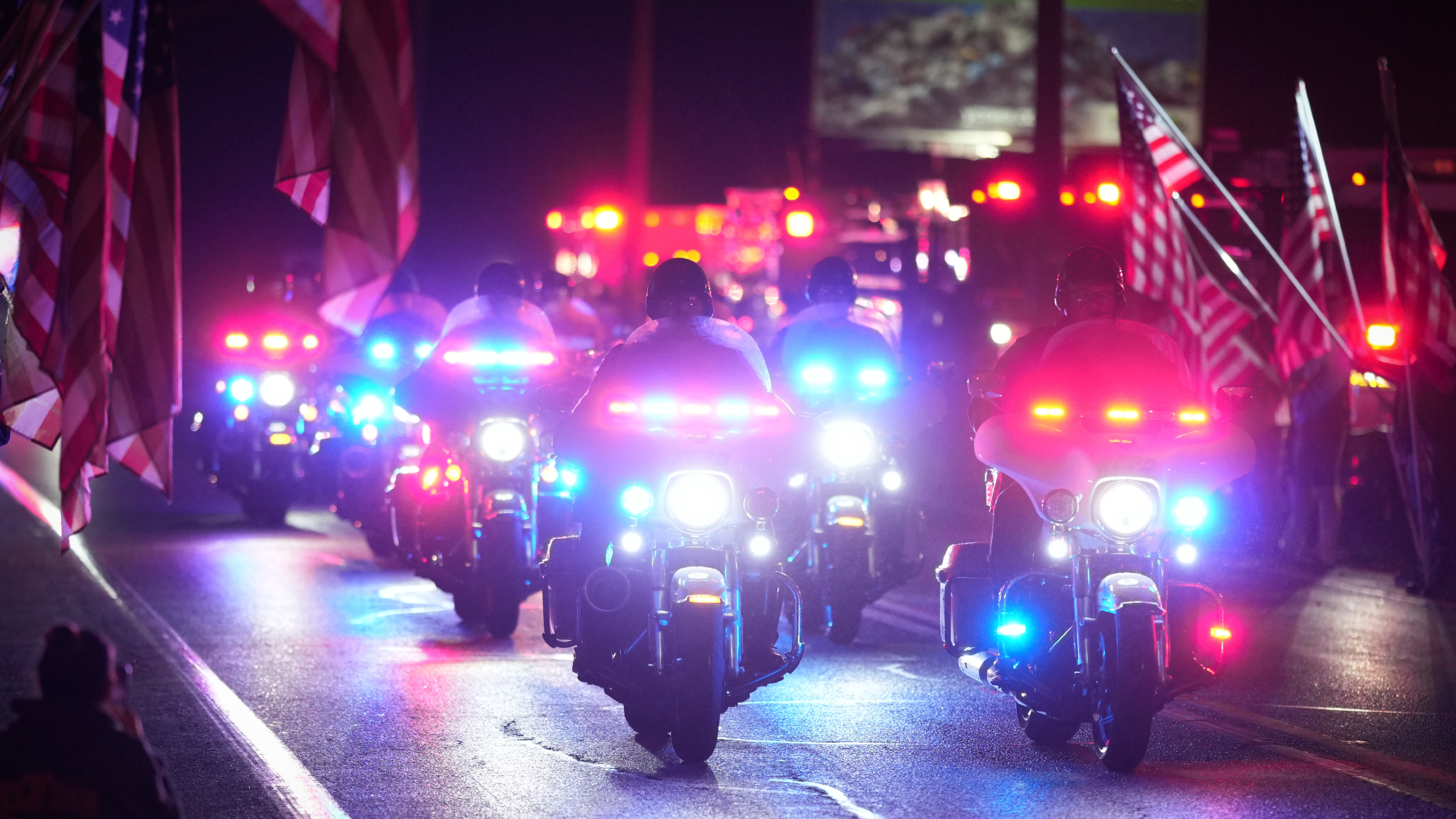 3 officers killed in Pennsylvania shooting
3 officers killed in Pennsylvania shootingSpeed Read Police did not share the identities of the officers or the slain suspect, nor the motive or the focus of the still-active investigation
-
 Dash: the UK's 'flawed' domestic violence tool
Dash: the UK's 'flawed' domestic violence toolThe Explainer Risk-assessment checklist relied on by police and social services deemed unfit for frontline use
-
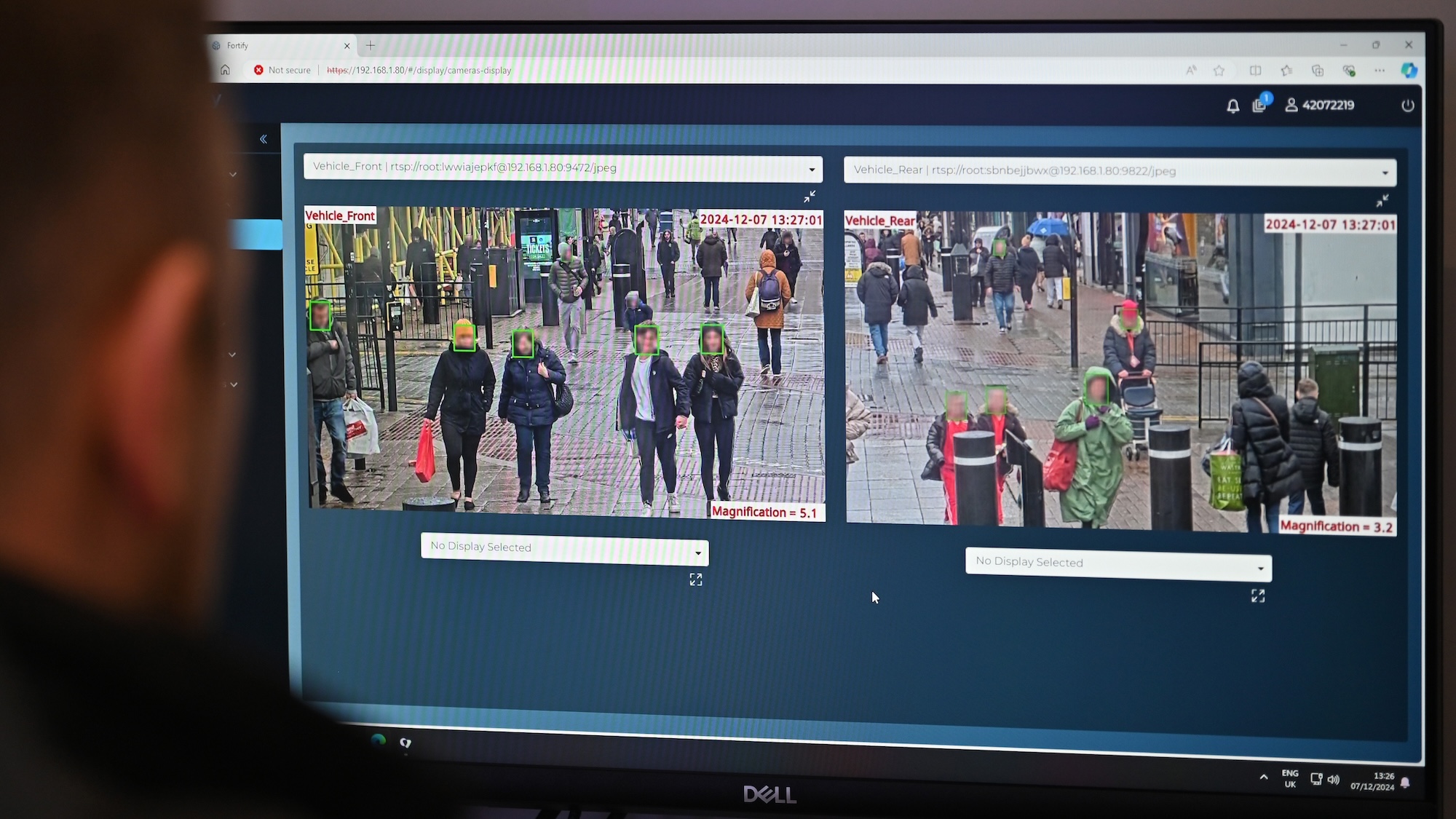 The ethics behind facial recognition vans and policing
The ethics behind facial recognition vans and policingThe Explainer The government is rolling out more live facial recognition technology across England
-
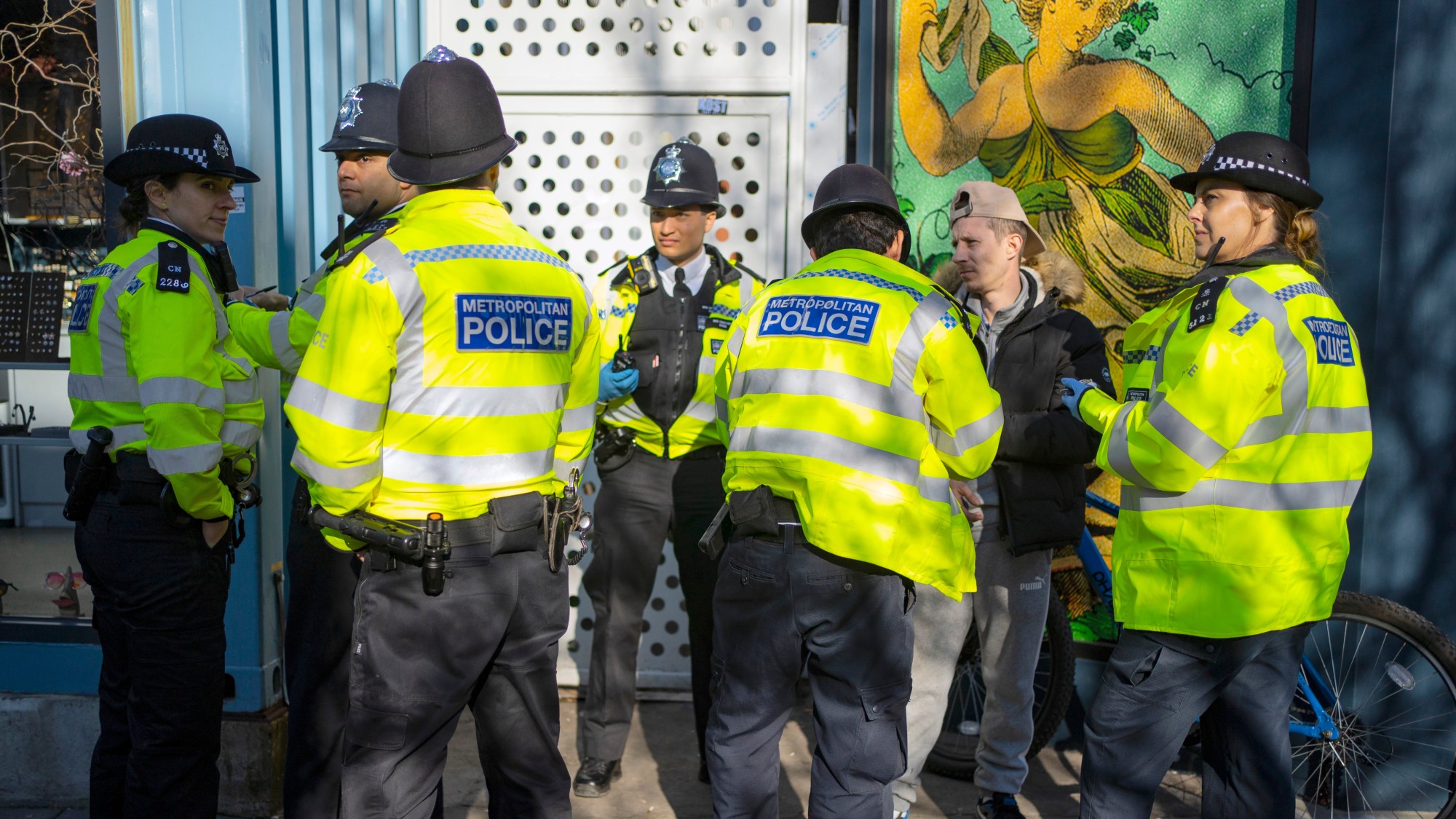 The Met police's stop and search overhaul
The Met police's stop and search overhaulThe Explainer More than 8,500 Londoners have helped put together a new charter for the controversial practice
-
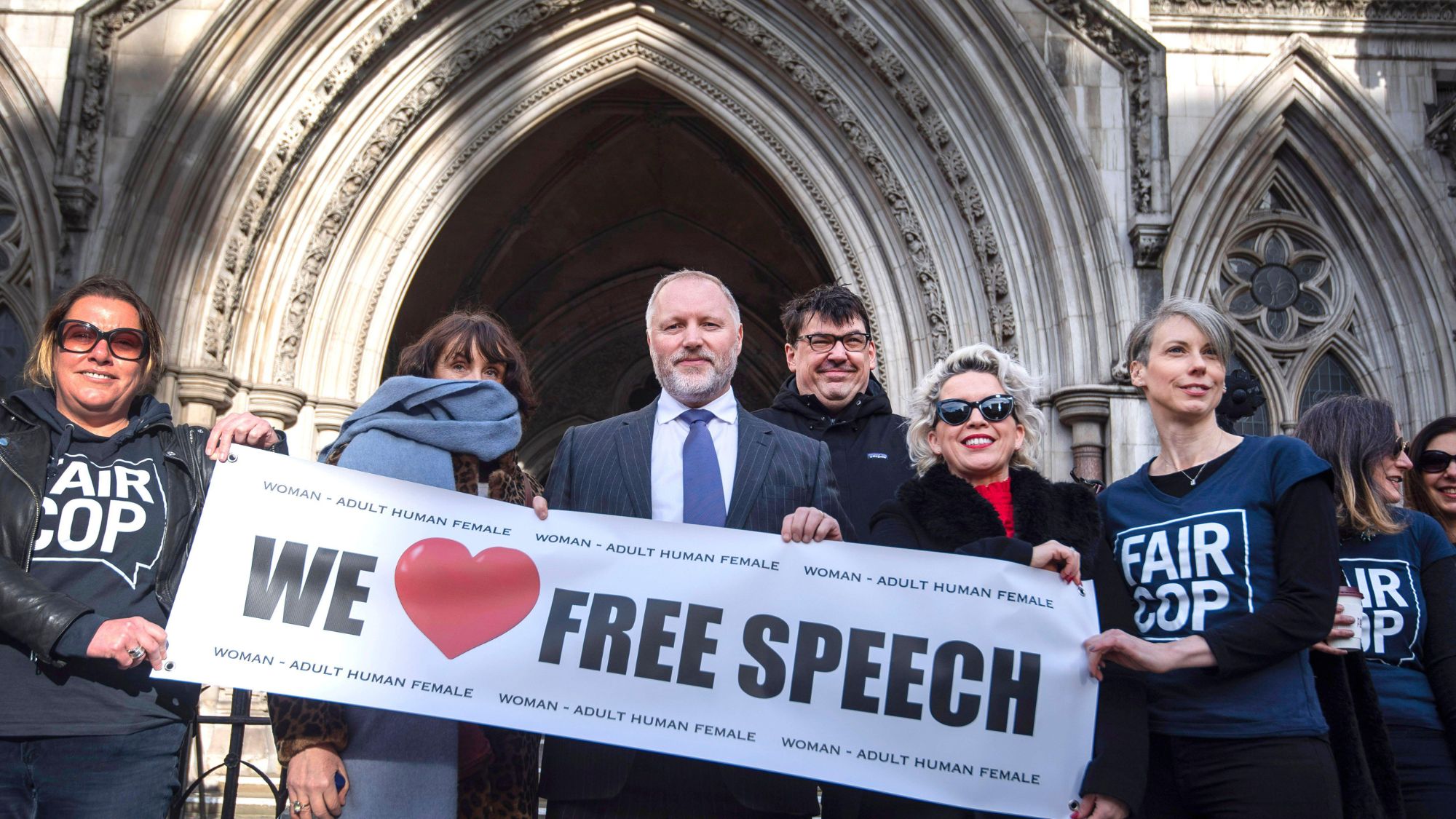 NCHIs: the controversy over non-crime hate incidents
NCHIs: the controversy over non-crime hate incidentsThe Explainer Is the policing of non-crime hate incidents an Orwellian outrage or an essential tool of modern law enforcement?